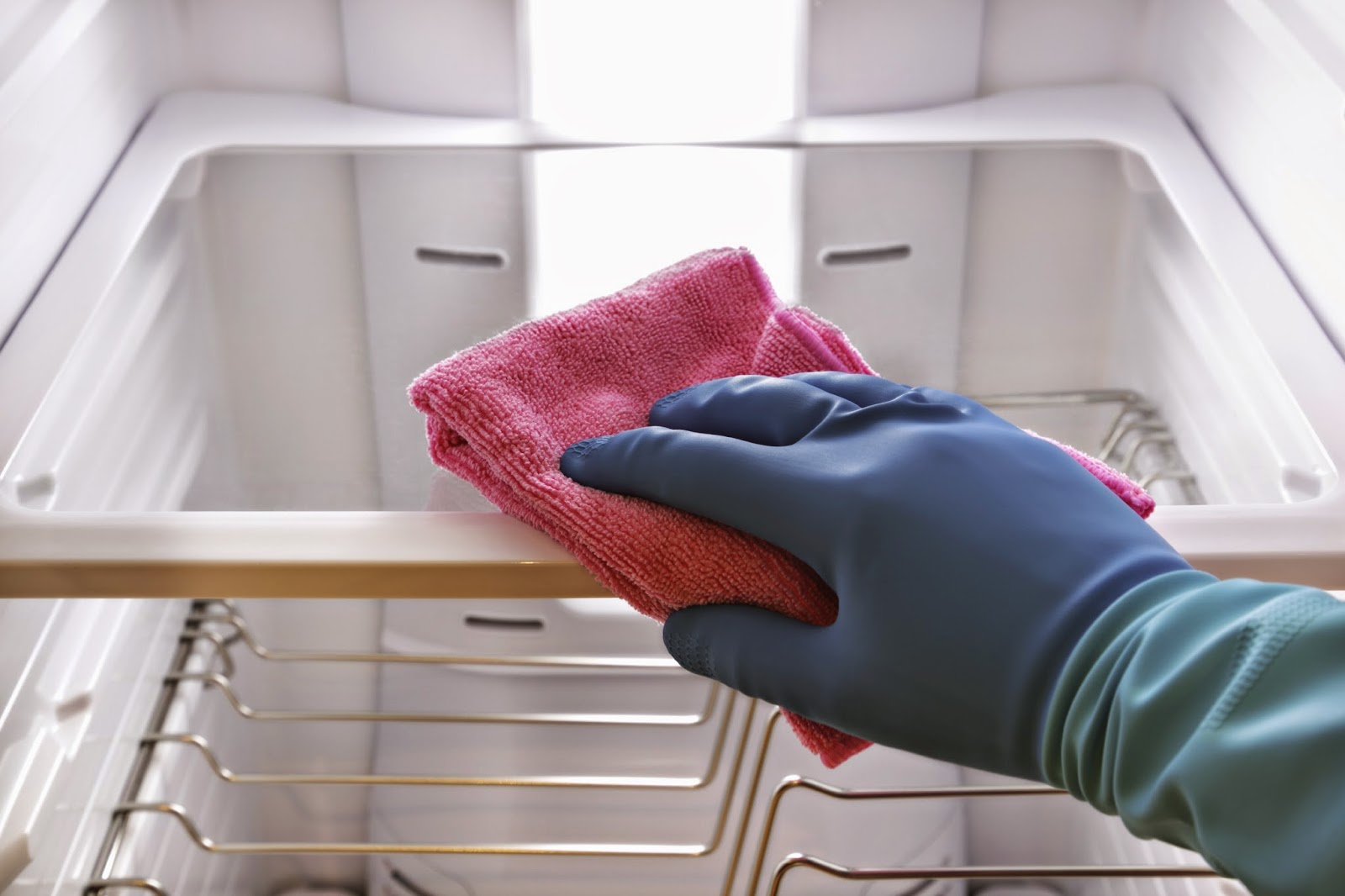What could be causing your ice machine to malfunction? It's likely caused either by external factors -- like temperature and mineral deposits -- or human error.
There are many external factors that could be affecting your ice machine's performance. For one thing, if your ice machine is kept in a high-temperature area, it can't perform its best. Water temperatures will rise, which will slow the ice making process.
Another reason your machine may no longer be producing ice is the presence of mineral deposits. Low-quality water can leave behind deposits that affects ice quality. You can usually clean your ice machine in order to fix this problem.
Sometimes what appears to be a defective ice machine is actually a human error. Check your machine's settings and be sure that it's plugged in!
If you can't seem to figure out what's gone wrong with your ice machine, turn to the experts. East Coast Refrigeration services a range of ice making products and ice storage systems. Visit us online or dial (631) 249-4556 to learn more! Plus, don't forget to connect with us on Facebook, Twitter and Google+.






.jpg)
